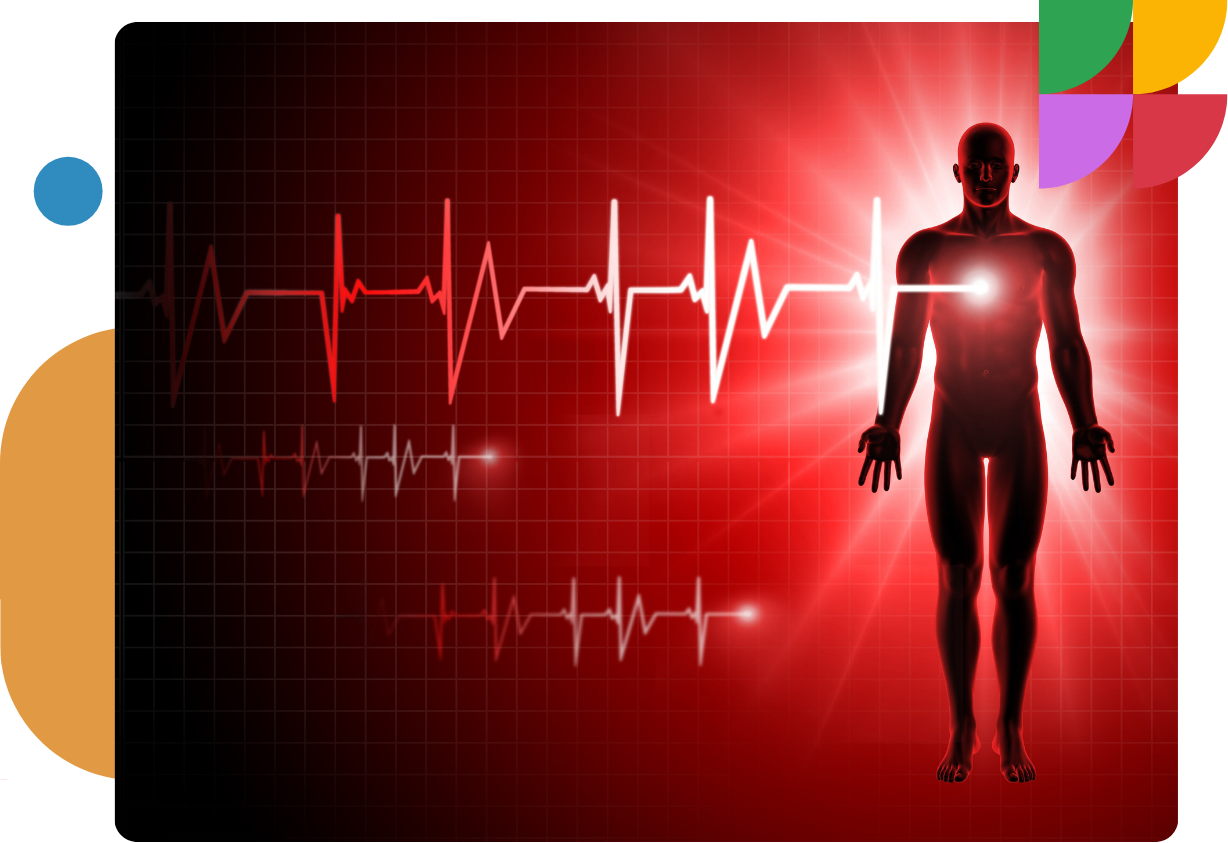facilities
ECG

At ARAVIND HEART CARE, we provide comprehensive ECG (Electrocardiogram) testing to assess your heart’s electrical activity. The ECG is a quick, non-invasive test that records the electrical signals produced by your heart, helping to detect various heart conditions such as arrhythmias, heart attacks, and congenital heart defects.
What Is an ECG Test?
An ECG is a diagnostic test that records the electrical signals of your heart to help detect abnormal rhythms and other heart-related issues. The test measures how electrical impulses move through the heart’s chambers and provides a graph (electrocardiogram) that reflects these activities. Dr. C.S. Aravind analyzes this graph to diagnose potential heart conditions and recommend any further treatments if necessary.
How Is an ECG Test Performed?
During the test, small electrodes are placed on your chest, arms, and legs. These electrodes detect the electrical signals from your heart and send them to a machine that records your heart’s activity. The entire test usually takes about 5 to 10 minutes and is completely painless. Once the test is completed, Dr. C.S. Aravind will review the results and discuss any abnormalities or follow-up treatments if needed.
When Is an ECG Recommended?
- Chest pain
- Shortness of breath
- Dizziness or fainting
- Palpitations or irregular heartbeats
- A history of heart disease or high blood pressure It is also used in routine health exams for patients at risk of heart disease, such as those with diabetes, high cholesterol, or a family history of cardiac issues.
Conditions Diagnosed by an ECG
An ECG is useful for diagnosing a variety of heart conditions, including:
- Arrhythmias (irregular heartbeats)
- Myocardial infarction (heart attack)
- Heart block (delayed or blocked electrical signals)
- Coronary artery disease
- Heart enlargement It is also used to monitor the effectiveness of certain heart medications or devices like pacemakers.
Benefits of an ECG
- Quick and Non-Invasive: The ECG is a painless test that can be performed in a matter of minutes.
- Accurate Diagnosis: The ECG provides precise information about your heart’s electrical activity, helping detect heart conditions early.
- Routine Monitoring: It’s a simple tool for routine heart monitoring, especially for patients with ongoing heart conditions or those on heart medications.
After the ECG Test
Once the test is complete, Dr. C.S. Aravind will review the electrocardiogram and discuss the findings with you. If any abnormalities are found, further tests or treatments may be recommended, such as an Echocardiogram (ECHO) or stress test to get a more detailed look at your heart function.